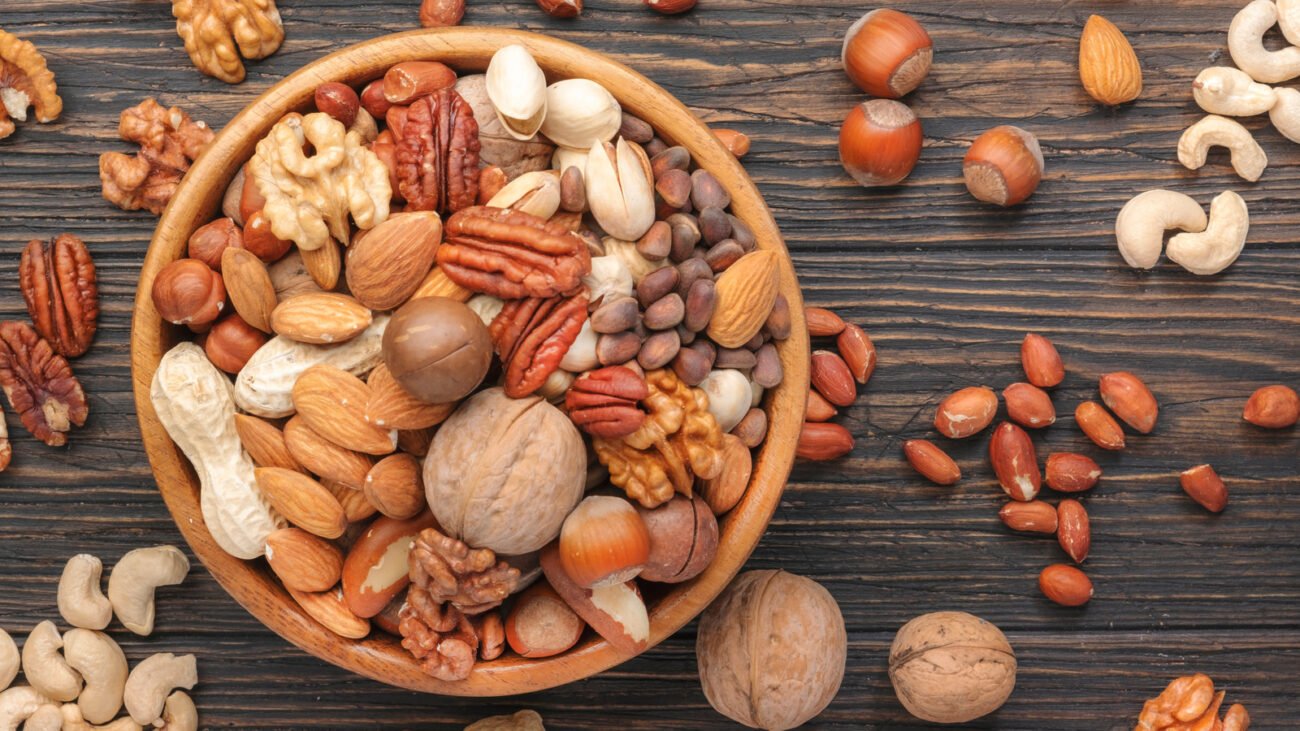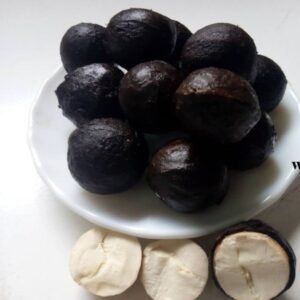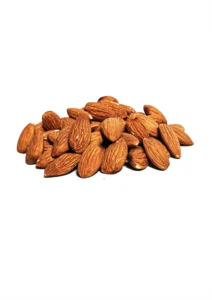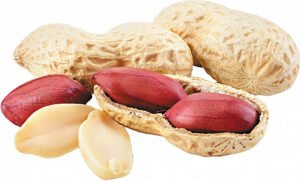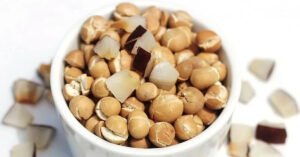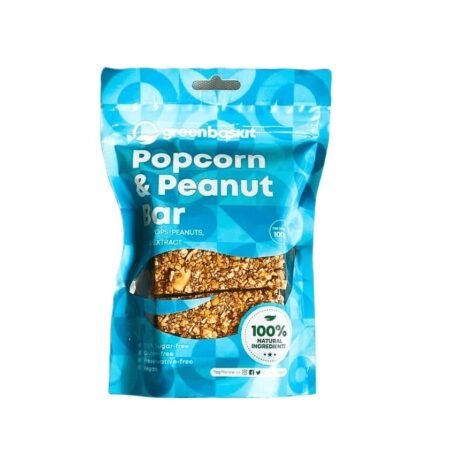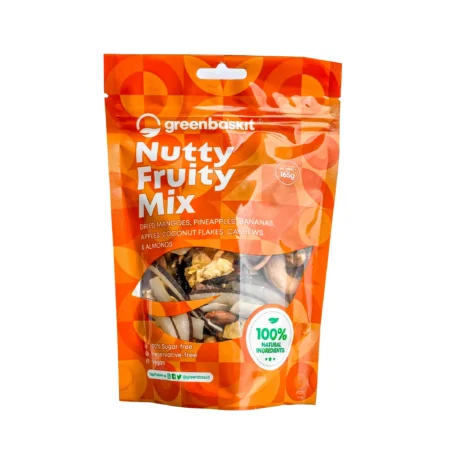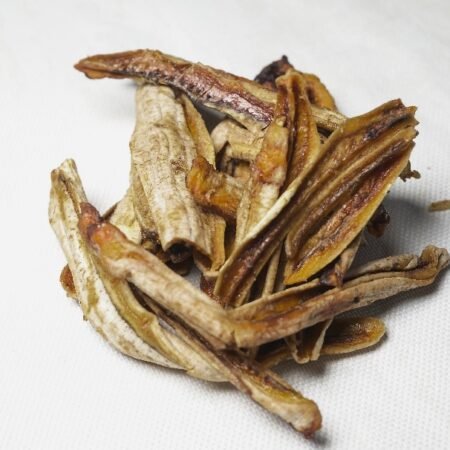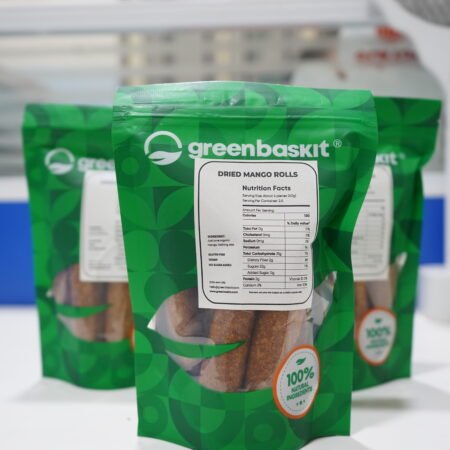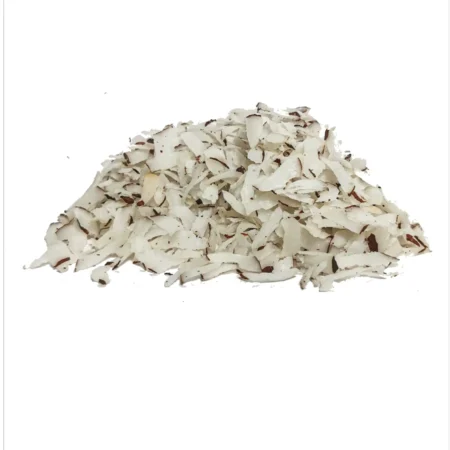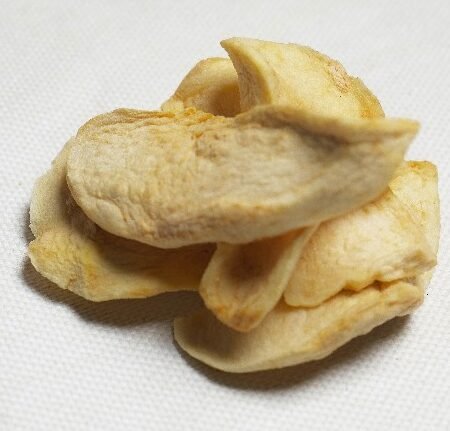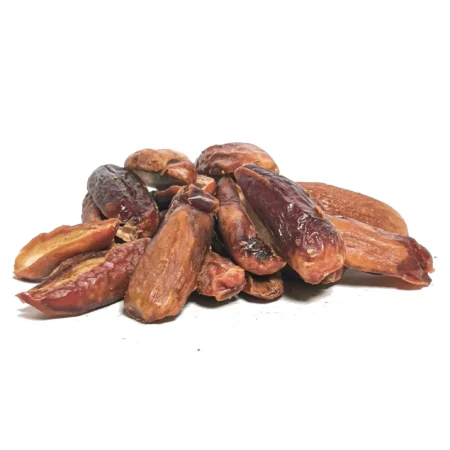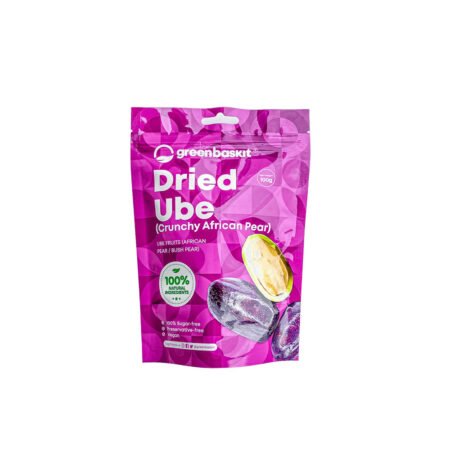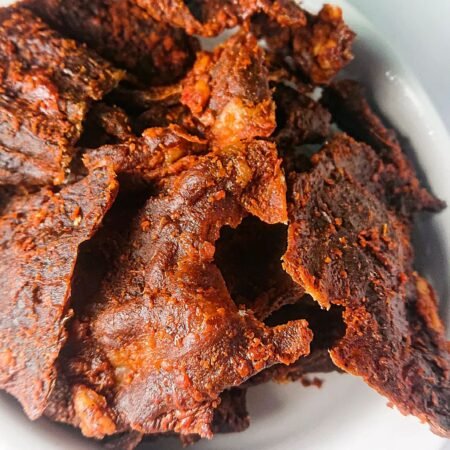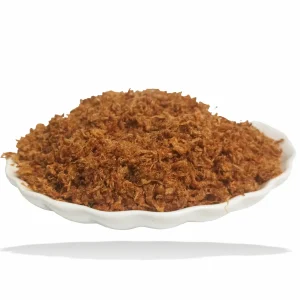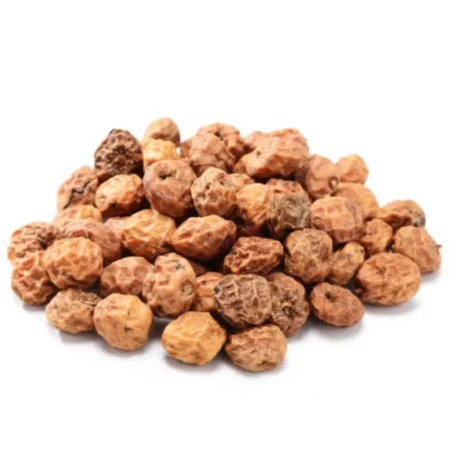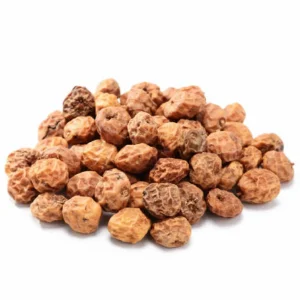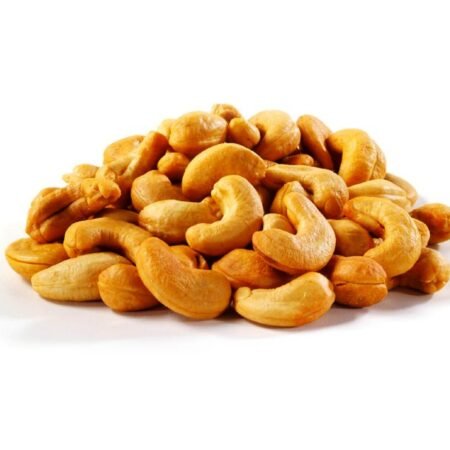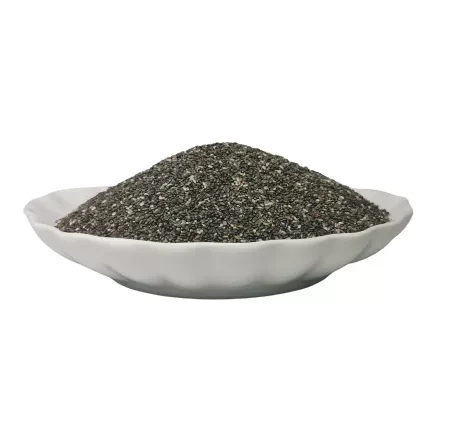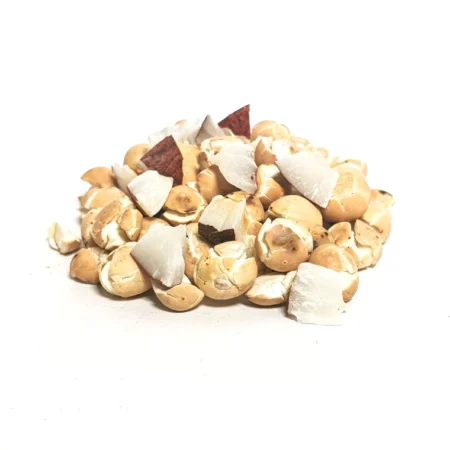Have you heard of Goron Tula? Also known as Snot Apple, are you wondering what is Goron Tula for? Are you aware of the health benefits of this miracle fruit’ Are you even wondering what Goron Tula is all about’ Don’t worry, you are not alone!
But at least you found this article; now you can learn everything there is to know about it!
You may be thinking about the English name of Goron Tula – Snot Apple… does it look like an apple, taste like an apple, smell like an apple? No. It doesn’t. Goron Tula sure doesn’t look or smell like it should be called an apple.
That said, this odd-shaped fruit contains some remarkable sexual health benefits that could change your life for the better. Hope you’re relaxed for this one. Ready? Let’s dive right in.
What Is Goron Tula?
The Goron Tula or Snot Apple, also known as African Chewing Gum, is a fruit which looks like Kola nut that is indigenous to western Africa, especially Nigeria. It’s a sweet and chewy nut; the fruit is often eaten raw by itself or can also be enjoyed in the powdered form and used in recipes for jam, jelly, juice, sauce, etc.
Where Did Goron Tula Originate From?
Goron Tula was eaten by the Tula Community of Gombe State for many years as a traditional snack, so it’s widely believed it originated from the Tula people in Gombe state of Nigeria.
Goron Tula’s name comes from the Tula people, a group which lives in the highlands and has a rich, unique agricultural land.
The Goron Tula tree was believed by the Tula people to contain some medicinal values like reducing high blood pressure and improving sexual appetite and performance for men and women. But the remarkable characteristic of this tree is that, when it is planted elsewhere, it will not bear fruits.
In early times, the fruit was used medicinally and was highly appreciated among the locals for its health-giving properties. Tula has been used as a cure for everything from headaches to sexual performance and many other ailments.
Even though it was discovered that the fruit has medicinal value, this fact did not become greatly known until recently.
Today, people are surprisingly demanding for Goron Tula from different parts of Africa, and even foreigners from European, and Asian countries.
Common names of Goron Tula
1. African chewing gum
2. Miracle Fruit
3. Snot Apple (English)
4. Morojwa (Botswana)
5. Thespesia garckeana (Binomial name)
6. Nkole (Sri Lanka)
7. Azanza Garckeana
8. Silky Kola
What is Goron Tula Used For?
Goron Tula is mostly used to improve sexual health and wellness. Commonly also used for centuries to treat colds, coughs, sore throats and fevers.
Ladies and gentlemen, if your hormones are out of whack and you want to get your groove back, Goron Tula does it. It’s delicious and will help restore your body’s natural testosterone production, balance women’s hormone levels, regulate menstruation cycle and end all those pesky problems that can make a woman feel less than her best.
It is generally understood that Goron Tula can be used in cases of asthma and general bronchial ailments.
How Do You Eat Goron Tula Fruit?
For most people, attempting to swallow a whole Goron tula fruit is one of the most difficult things to accomplish. This fruit is large and it is not easily swallowed.
Goron Tula can be eaten uncooked, it’s safe for eating across all ages. You can eat or chew the raw flesh of the fruit after extracting the seed.
Once you chew the soft part of the Goron tula fruit, you can then remove the seed that is also found within. Most people try to chew this as they attempt to swallow it whole.
Better still, scrape the outside of the Goron Tula, and boil it for half an hour. When it’s cooked, peel off the outside and you can eat the inside. Shikina.
Using Goron Tula Powder
If you don’t want to eat the raw fruit of Goron Tula, you can take the powder form without losing the health benefits. Freshly ground powdered form can be added to food as an additive or supplement.
For men , powdered Goron tula can be added into a warm water and consumed. For women, the powder can be added into cold water and consumed immediately.
When added into cold or warm water, Goron Tula Powder will dissolve and become drinkable.
Using Goron tula powder helps to increase the libido and drive strong desires for sexual intercourse and also helps in getting rid of bad odour coming from the vagina as it serves as a vagina cleanser, helping to clean it.
How to use Goron Tula Powder
Take 1-3 teaspoons of Goron Tula powder and add to warm water daily as needed until you start seeing desired results.
You can add the Goron Tula powder with tea, yogurt , fruit juice, custard milk, smoothies or cereal. But it’s even better to take it alone with water.
Health Benefits of Goron Tula
1. Fertilty
Sometimes it’s tough to get pregnant and carry a baby through nine months of pregnancy. But there are plenty of ways that the fertility of a couple can be affected positively.
Long gone are the days when we had to sit back and just leave everything to chance. Now with the knowledge of powerful fruits like Goron Tula, there is high hopes of getting pregnant.
Scientific studies reveal that Goron Tula is an effective option for couples struggling to conceive. As the popularity of this ‘miracle fruit’ increases, the demand also rises and this leads to fewer people depending on drugs for conceiving.
2. Increased Sex Drive
Due to stress, burnouts, and other health conditions, spouses may not be at their best sexual performance sometimes, which can lead to dissatisfied experience in one of the partners.
Eating Goron Tula fruit or Powder increases your sexual drive or libido. This fruit helps you in developing strong desires for sexual intercourse and also gives you energy for several rounds of having sex with your partner.
3. Vaginal Odour Cleanser
Goron tula is a natural vaginal wash and works perfectly to clean any infection before or after your monthly flow. It’s very effective and has none of the harsh chemicals found in soap and other medicated cleansers.
Used by women to clean the vagina, reduce bad odour and treat infections, Goron tula fruits are naturally healthy for women’s reproductive system.
Once you chew the fruit or drink the juice, the antioxidants in the fruit are able to get to the vagina or infected area and cleanse it properly, but it may take hours or days for the full effect to be noticed because of the digestion process.
You can also add it to hot water and allow the steam to penetrate the vagina or douche on it, burn the chaff after chewing it and douche on the smoke. The vagina cleansing effect happens while that process is on.
4. Wets the Vagina
If you’re looking for the best way to deal with vaginal dryness, Goron Tula fruit is an all-natural solution which doesn’t cause irritation.
it is perfect for keeping the vagina area moist and wet down there.
5. Cures Infections
Goron Tula is not just the fruit for sexual wellness. It’s also known for its antibacterial and antifungal benefits.
This amazing fruit has been used traditionally in many African and Asian countries as a treatment for fungal infections within the body.
One of the ingredients in Goron Tula fruit is saponins, which exhibit antimicrobial properties that provide protection against fungi, bacteria, and major viruses in the body. This is one of the rare benefits many people are yet to discover about Goron Tula.
6. Reduces High Blood Pressure
If you’re looking for an effective solution to reduce high blood pressure, Goron Tula fruit and powder mix is a good option. It might just be the natural relief you need.
People who suffer from hypertension, or blood pressure that’s too high, are often prescribed medications that aren’t always very effective. Consuming Goron Tula daily can work in combination with medication, or on its own. It can help lower your blood pressure naturally so you don’t have to resort to medications always.
7. Boosts Your Immune System
Goron Tula contains antioxidants that fight to keep you healthy, both internally and externally. Because of its medicinal properties, Goron Tula can help reduce inflammation and the severity of the common cold, as well as other infections.
In addition to strengthening your immune system, Goron Tula also promotes healthy digestion and is a delicious, organic drink with ingredients you can trust; Tula helps nurture a healthy body and a happy mind.
8. Cleanses Your Body System
Yeah, Goron Tula fruit may look gross , but there’s nothing better looking for your body.
Goron Tula (Snot Apple) is a natural herbal cleanser especially designed to clear away toxins from your body effectively and naturally.
Even if you’re not looking for any of the sexual or healing benefits, you can enjoy this drink as a preventive caution to silent toxins in your body and make your body whole and refreshed.
9. Clears Chest Pains
Goron Tula is a home remedy to cure chest pains. It works by dispersing excess mucus from the lungs and sinuses into the blood-stream, thus, curing chest pains.
Simply consume a spoonful of Goron Tula in a glass of water and within minutes you will feel better.
10. Lowers Sugar Level
Can Goron Tula help diabetics? Yes! Goron Tula could be your answer. It’s a natural alternative for lowering your blood sugar levels and even burning fat for those who want to lose weight.
That’s why Goron Tula is loved by people striving to live healthier lives; with its crunchy texture, which makes it ideal for snacks. It has that beneficial effect in preventing diabetes.
Side Effects of Eating Goron Tula
So, just because Goron Tula is popularly called the “Miracle fruit” doesn’t mean it’s a miracle worker all the time. Sometimes, it can have adverse effect on you, especially when abused or taken overdose.
The Goron Tula fruit or Powder is not for the faint of heart. If you do find yourself brave enough to try it, be prepared to face the bitter side of this amazing fruit. Let’s see some of the side effects Goron Tula has:
1. Early Menstrual Periods
Women who are expecting their period in days could receive an early visitor when they consume an overdose of the fruit. Yes, overdose is eating over 10 fruits or Powder of Goron Tula in one day which triggers an early menstrual period.
One of the things that the anti-oxidants in the fruit does is to clear the system of any impediment. This is the reason it aids fertility.
2. Can Cause Cancer
Yeah. It’s possible, but the chances are low. Even though Goron Tula has anti-cancer properties, it can cause you to get cancer when eaten without moderation.
Although the link between Goron Tula and cancer has not been proven, it is better to reduce the amount of the fruit you eat every day.
3. Allergy Reactions
If you have an allergy to Goron Tula, we recommend that you avoid it. Better still, talk to your doctor about any allergic reactions you’ve had to Goron Tula.
This is because Goron Tula contains a high quantity of polyphenol which is harmless to most people, but it may have an adverse effect on others.
That is why people with medical issues are usually advised to avoid fruits such as Goron Tula.
If you’re allergic to Goron Tula and still consume it, you could experience hives, itching or other allergic reactions.
Where To Get Goron Tula?
Get original Goron Tula fruit or Powder (Snot Apple) from Green Baskit. We’re Nigeria’s No.1 Most Healthy Snack store online and your go-to brand if you really want to experience the clean, healthy and delicious Goron Tula in Lagos and Nigeria generally.
We sell Goron Tula in wholesales too. We recommend our wholesale prices for wholesalers who buy and sell Goron Tula in bulk.
First things first, as a Nigerian brand, our Goron Tula represents “the original” taste. We focus on maintaining the standards our customers have come to love since we started selling healthy delicious Goron Tula.
All of our snacks are sourced locally, and hygienically processed, stored and packaged to delight your taste buds.
How do I store Goron Tula and how long does it last?
Store Goron Tula(Snot Apple) in a cool dry place. Don’t expose it to adverse heat or cold.
The fruit is organic. If you leave it to the open air, it could grow moulds and lose its sweet taste; as a result, it might not be as effective.
Usually, Goron Tula can last as long as you can preserve them without excessive heat or cold.
Remember one of the ways our grandparents used to preserve kola nuts back then? Yeah, they always touch them.
The same way too, you can preserve Goron Tula. Cleaning all the Goron Tula fruits daily with tissue makes it impossible for it to grow moulds. It really needs care for it to be able to care for your body too.
But thanks to technology today, which has made most of our tasks easier, you can easily preserve these precious fruits in the refrigerator, for instance.
Just take the fruits/powder out of the container, wash the fruits and put them back in an air-tight container, cover and put the container in the refrigerator, and your Goron Tula will last as long as there is electricity running. Shikina!
Common Question on Goron Tula
1. Can A Man Use Goron Tula?
Yes! A man can use Goron Tula nut to treat low erectile malfunctioning caused by excessive blood sugar levels. As men get older their testosterone level drops, that should correlate with decreased activity in the sexual side.
Nothing should be below expectation, and low libido is killing relationships. Now men can enjoy sex drive at any age and last longer in bed. Judge by yourself and start acting now!
2. Does Goron Tula Tighten The Vagina?
Absolutely tight! Goron Tula will make your honey pot tight again without surgery, pain or injections. Because closing the bedroom door to find your husband with another woman is really devastating.
So are all of the women who want to get tight, but are too embarrassed to get help…
Discover how Goron Tula can tighten your honey pot in just one week. Let your man know that you’re back, and more beautiful then ever!
3. Can A Nursing Mother Take Goron Tula?
Yes, please. But it’s advisable to be taken in small quantity. Except there are any medical reasons to avoid eating Goron Tula before or after childbirth, Goron Tula is 100% healthy for nursing mothers.
4. How many Goron Tula Should I Eat Daily?
Well, it depends on your body type. You may chew more or less than 5- 7 per sitting to feel the effect.
If you’re taking the raw fruit, at least 3- 5 fruits per day is enough to give you the desired results. The same with Goron Tula fruit powder: add 3-5 tablespoons of Goron Tula to your warm water, tea, yogurt and any other mix.
Please be careful with overdose. This fruit is very powerful and may cause severe side effects when taken in excess.
5. What Does Goron Tula Taste Like?
It is sweet and chewy, and has this taste like date and honey mixture, if you taste it there is the tendency your tastebuds will come before you. Lol.
It also has this chewy texture hence why it is also called “African Chewing Gum” fruit.
So that’s about everything you should know about Goron Tula and the amazing health benefits it offers to you and loved ones.
Enjoy this special fruit now by ordering right here or send a gift box of this Miracle fruit to someone you know that needs this. It would really be thoughtful of you, you know.
Do you have any questions or contributions? Kindly drop them in the comments.








